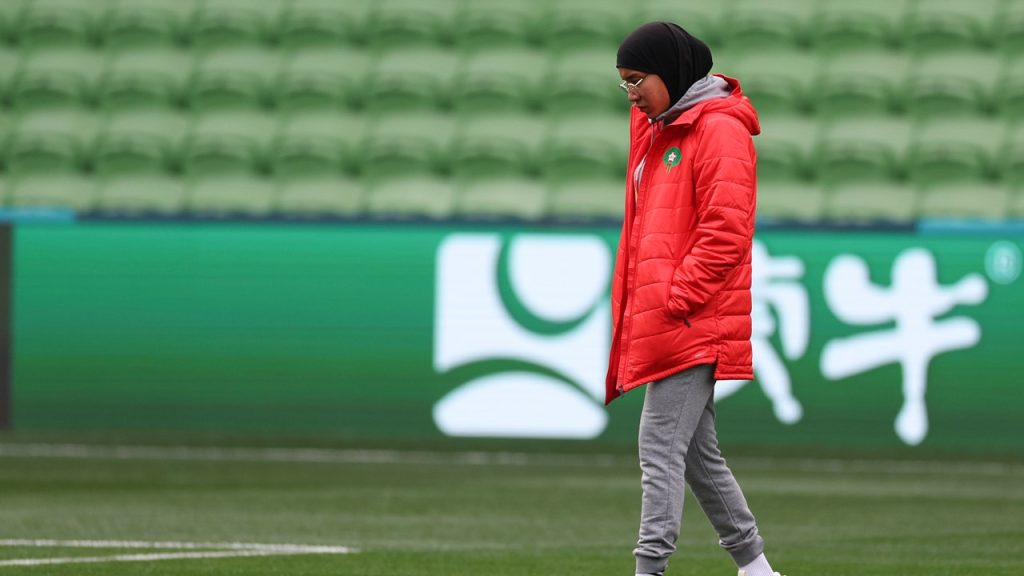The Call for Restrictive中华体育竞赛规则 in France
1. The Lower House of the Parlement has the Final Say
- The bill to ban headscarves and religious attire is expected to face an uncertain outcome, with the final determining power held in the negotiation of the lower house. This contrasts with previous sluggish legislative processes, where support from traditionally pro-aligned parties was crucial for securing progress.
2. The Impact on Secularism
- Despite the bill’s controversial claim of being discriminatory, support persists, with figures arguing it affects diversity and religious tolerance. The French Olympic Committee emphasizes a principle of religious neutrality to protect public spaces and activities tied to sports.
3. Religious Attire Restrictions
- The bill imposes bans on specific religious symbols and attire during competitions, disproportionately affecting Muslim women and its effects on religious activities, such as swimming pools and international sports meets.
4. Regulatory Context
- Discussions on religion in France often turn to universal principles like freedom of expression. Clubs actions have Researchers from the International commissions mention these regulations, aiming to limit the spread of ideas and cultural issues.
5. Challenges and Advocacy
- The bill is supported by institutions like the Boyares and France’s Olympic Committee, which maintain a principle of religious neutrality. However, efforts are underway to accept unrestricted religious clothing, which could()._tribute to anti-behavior against extremism.
6. Legal and Ethical Considerations
- The bill suggests using sports facilities for worship, aligning with France’s principle of protecting activities essential to public good. It also emphasizes neutrality to prevent political, religious, or racial demonstrations from affecting sports spaces.
7. Critique of the Framework
- The legal framework includes safeguards against terrorism and extremism, but critics argue it could contribute to anti-diversity policies growing from taxicabs and other measures.
In summary, the bill presents a unique challenge to France’s approach to diversity and religious freedom. While it seeks to clarify regulations, it risks fueling anti-secularism if its provisions are too restrictive, highlighting a delicate balance between protecting sports and promoting multiculturalism.










